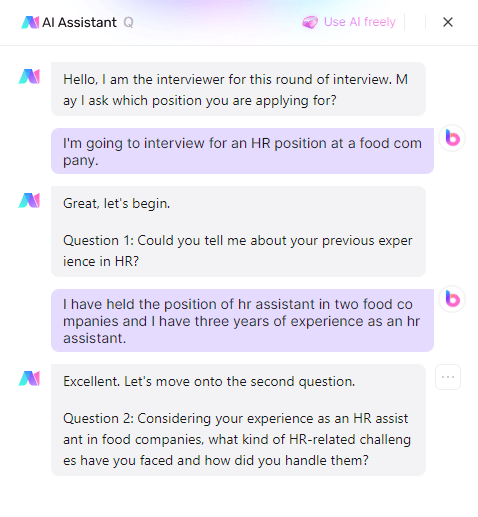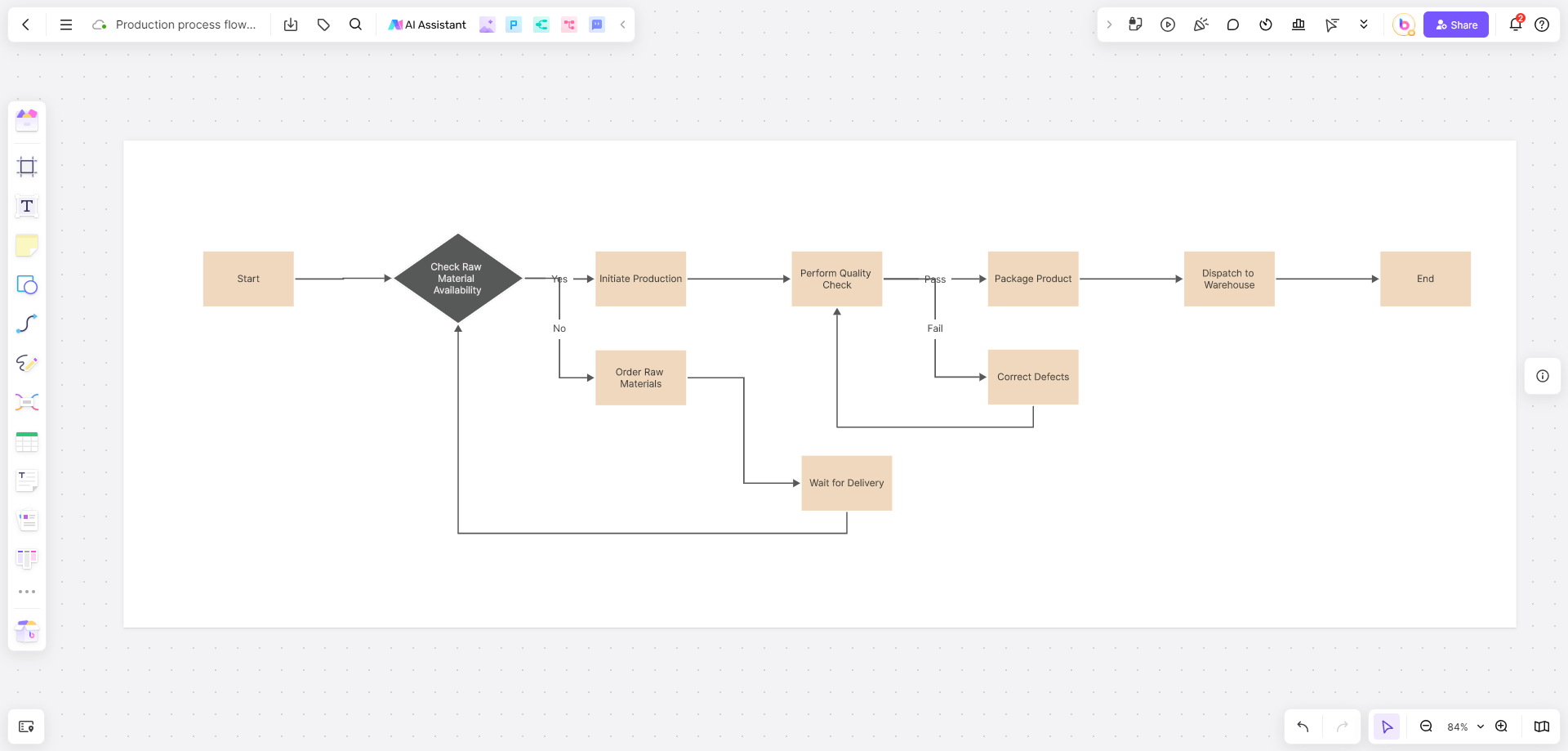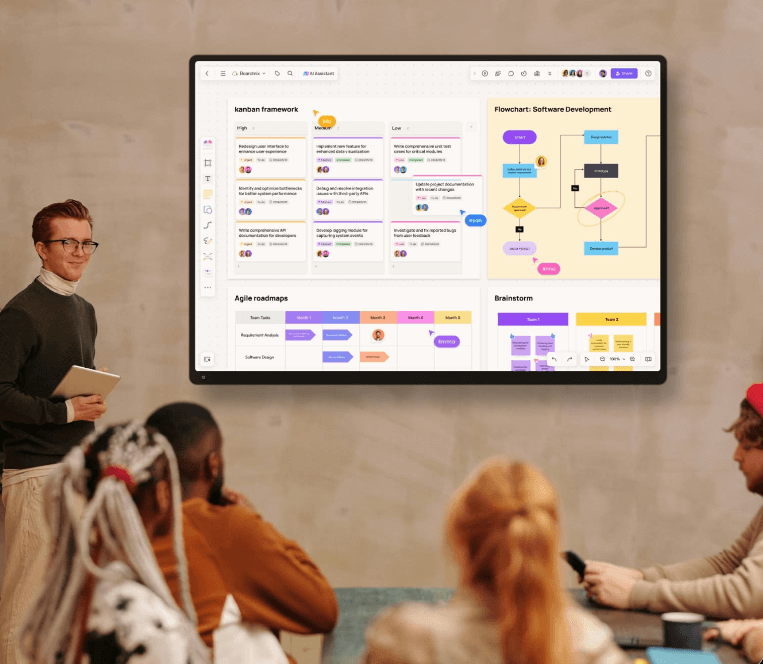Artificial Intelligence (AI) is revolutionizing the educational landscape by providing tools that enhance learning, streamline administrative tasks, and facilitate research. This article explores the best AI tools for education in 2024, focusing on how these tools benefit teachers, students, and researchers.
Why Use AI Tools for Education?
AI in education offers numerous advantages, including personalized learning, efficient administrative processes, and enhanced research capabilities. By automating repetitive tasks and providing data-driven insights, AI tools enable educators to focus more on teaching and less on administrative duties. For students, AI provides personalized learning experiences tailored to individual needs, helping to improve academic outcomes. Researchers benefit from AI's ability to analyze vast amounts of data quickly and accurately, leading to more innovative and impactful discoveries.
AI Tools for Teachers to Enhance Classroom Efficiency
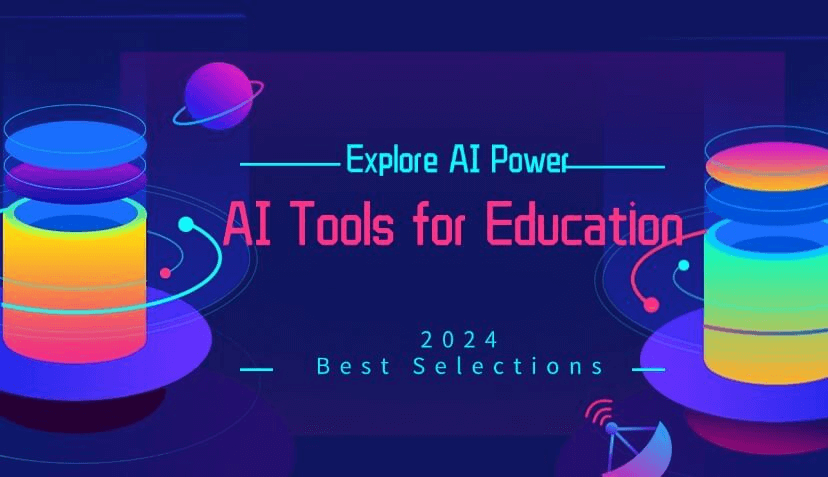
Classroom Management Tools
1. Boardmix
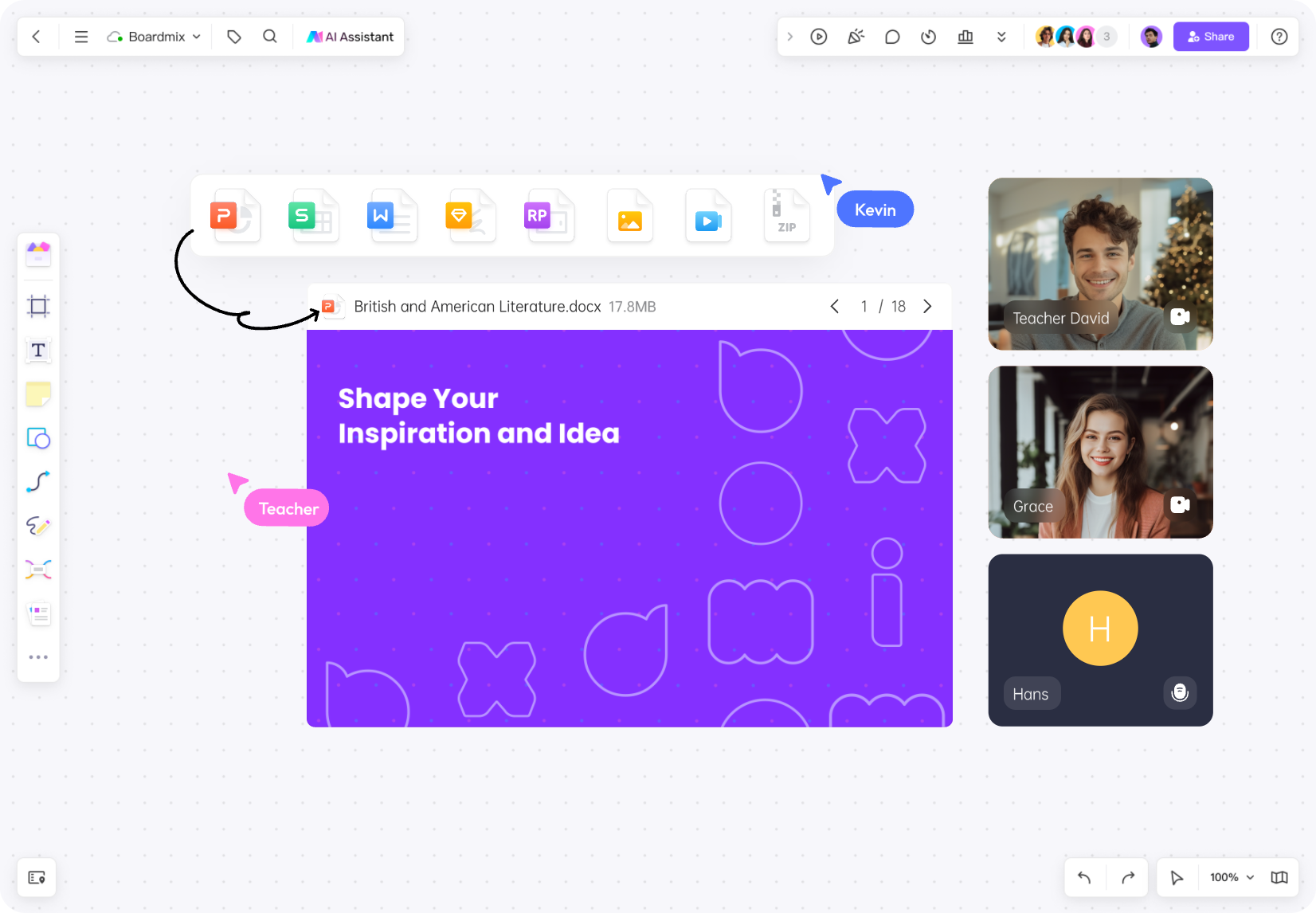
Boardmix integrates seamlessly with classroom management tools, offering features like real-time collaboration, interactive whiteboards, and lesson planning. Teachers can create interactive lessons, share resources, and manage classroom activities efficiently. Boardmix's collaboration features allow teachers to engage students in real-time discussions and group activities, fostering a more interactive and engaging learning environment.
2. ClassDojo
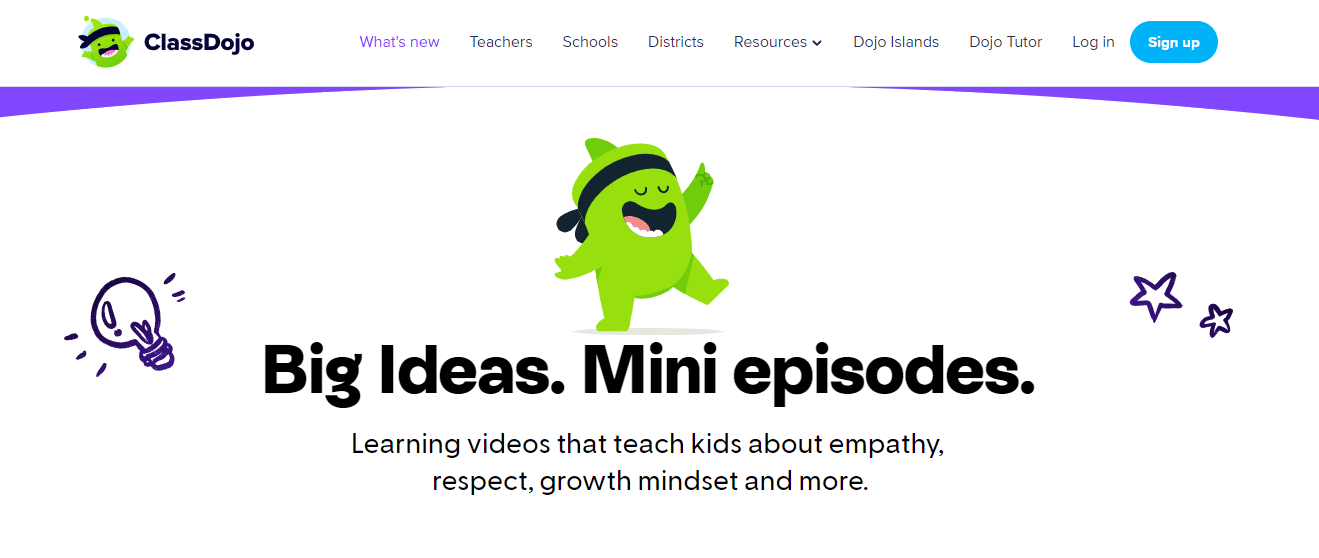
This tool helps teachers manage classroom behavior by allowing them to award points for good behavior and track students' progress. ClassDojo also facilitates communication with parents, making it easier for teachers to keep them informed about their child's performance.
3. Edmodo
A social learning platform that connects teachers, students, and parents. Edmodo provides tools for creating and sharing assignments, grading, and tracking student progress. It also offers a communication platform for teachers to engage with students and parents.
Lesson Planning Tools
1. Planboard
An intuitive tool for lesson planning, Planboard allows teachers to organize their lessons by subject, grade, and semester. It also offers templates and resources to help teachers create effective lesson plans.
2. Smart Sparrow
This adaptive learning platform allows teachers to create personalized learning experiences for their students. Smart Sparrow provides tools for designing interactive lessons that adapt to each student's learning pace and style.
Assessment Tools
1. Gradescope
An AI-powered grading tool that helps teachers grade assignments and exams more efficiently. Gradescope can automate the grading process, provide detailed feedback, and generate reports on student performance.
2. Turnitin

Turnitin helps teachers check for plagiarism and ensure academic integrity. Turnitin also offers tools for grading and providing feedback on student work.
AI Tools for Students Improve Learning Outcomes
Study Assistance Tools
1. Boardmix

Boardmix provides interactive study guides and collaborative learning spaces where students can work together on assignments and projects. The platform's real-time collaboration features allow students to ask questions, share resources, and receive feedback from peers and teachers. Boardmix also integrates with other study tools, providing a comprehensive learning environment that supports diverse learning needs.
2. Quizlet
A popular study tool that offers flashcards, quizzes, and games to help students learn and retain information. Quizlet uses AI to personalize study sessions and track progress.
3. Socratic
An AI-powered study assistant that helps students with their homework. Students can take a photo of their homework question, and Socratic provides detailed explanations and resources to help them understand the concept.
Writing and Editing Tools
1. Boardmix
The AI function of Boardmix can inspire students' creative inspiration and improve their writing skills. In Boardmix, students can input writing topics, use AI to generate writing outlines, and continue writing content. AI can be used to generate corresponding mind maps and flow charts and add pictures to articles to improve students' creative expression. The platform's real-time editing features enable students to provide feedback and suggestions, fostering a collaborative learning environment.
2. Hemingway
This tool helps students improve their writing by providing feedback on readability, sentence structure, and grammar. Hemingway highlights complex sentences and suggests simpler alternatives to improve clarity and readability.
Learning Support Tools
1. Duolingo
A language learning platform that uses AI to personalize lessons and track progress. Duolingo offers gamified lessons that make language learning fun and engaging.
2. Coursera
An online learning platform that offers courses from top universities and institutions. Coursera uses AI to personalize course recommendations and track student progress.
AI Tools for Research to Revolutionize Academia
Research Management Tools
1. Boardmix
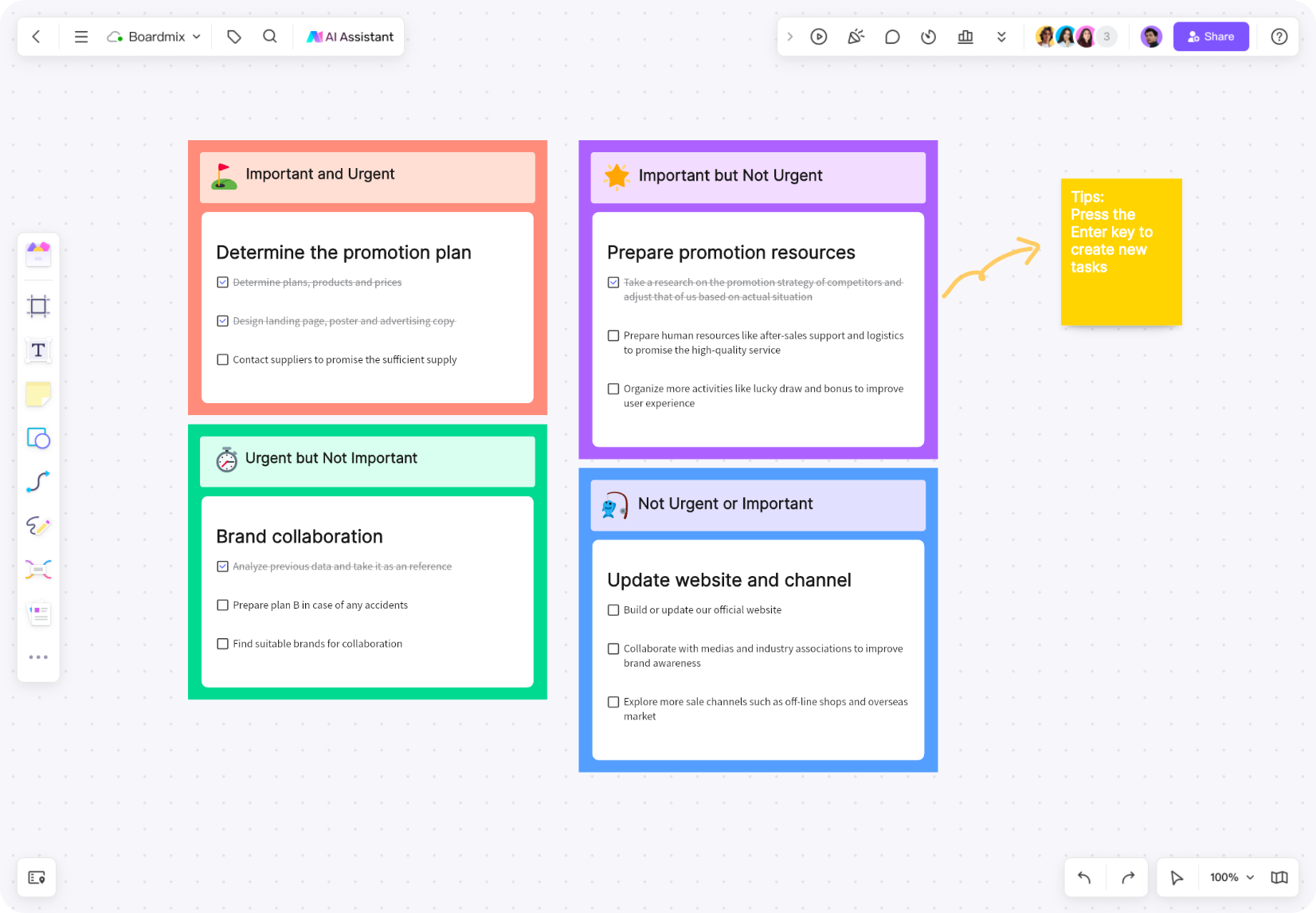
Boardmix offers powerful research management features that enable researchers to organize and manage their research data and references. Boardmix provides many templates that can be used for academic research. For example, the technology roadmap can record the entire experiment process, visualize the internship's steps, and clearly show the progress of academic research. In addition, Boardmix provides a wealth of icons that can be used for experimental model construction. Of course, Boardmix also provides templates for humanities and social science data analysis, which can help you quickly understand the detailed content of a certain work. Boardmix's integration with reference management tools like Mendeley and Zotero ensures that researchers have all the resources they need in one place.
2. Mendeley
A reference management tool that helps researchers organize and manage their references. Mendeley also offers collaboration features that allow researchers to share references and collaborate on research projects.
3. Zotero
Another reference management tool that helps researchers collect, organize, and cite research sources. Zotero integrates with word processors, making inserting citations and creating bibliographies easy.
Data Analysis Tools
1. Boardmix
Boardmix supports various chart types, including bar charts, pie charts, line graphs, and scatter plots. Users can customize the appearance of their charts and graphs to represent their data better, adjusting colors, labels, and other visual elements. Besides, Boardmix allows users to import data from various file formats such as CSV, and Excel, and multiple users can work together on the same data visualization project, making it easier to share insights and collaborate on analysis.
2. IBM Watson

An AI-powered data analysis tool that helps researchers analyze large datasets and gain insights. IBM Watson offers advanced analytics and machine learning capabilities that can be applied to various research fields.
3. Google AI
Google AI offers tools for data analysis, machine learning, and artificial intelligence research. Researchers can use Google AI to analyze data, build models, and gain insights from their research.
Publication Tools
1. Overleaf
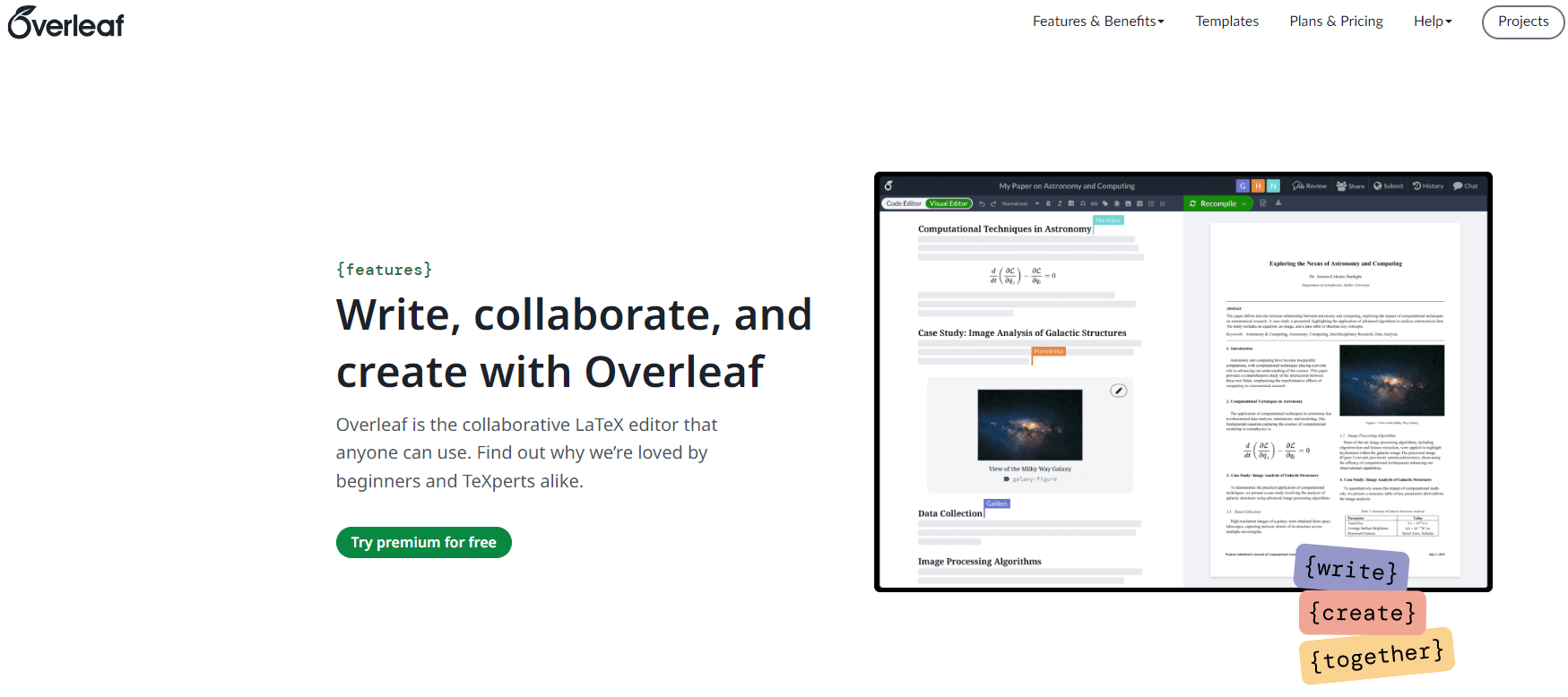
A collaborative writing and publishing platform that helps researchers write and publish research papers. Overleaf offers tools for formatting, collaboration, and submission to academic journals.
2. EndNote
A reference management and bibliography creation tool that helps researchers organize their references and create bibliographies. EndNote integrates with word processors, making it easy to insert citations and create reference lists.
What are the Future Trends in AI Tools for Education?
The future of AI in education looks promising, with several trends set to shape the industry:
Increased Personalization: AI will continue to provide more personalized learning experiences, tailoring content and activities to individual student needs and learning styles.
Enhanced Collaboration: AI tools will facilitate greater collaboration among students, teachers, and researchers, enabling more interactive and engaging learning experiences.
Advanced Analytics: AI-powered analytics will provide deeper insights into student performance, helping educators identify areas for improvement and tailor interventions to support student success.
Integration with Emerging Technologies: AI tools will integrate with emerging technologies like virtual reality (VR) and augmented reality (AR), providing immersive and interactive learning experiences.
Focus on Lifelong Learning: AI will support lifelong learning by providing continuous learning opportunities and resources for individuals of all ages, helping them stay current with industry trends and advancements.
AI tools are transforming education by providing powerful resources for teachers, students, and researchers. Tools like Boardmix offer versatile and comprehensive solutions that enhance classroom efficiency, improve learning outcomes, and revolutionize research. As AI continues to evolve, its impact on education will only grow, making it an essential component of the modern educational landscape. By embracing these tools, educators and learners can unlock new opportunities for growth and success.




